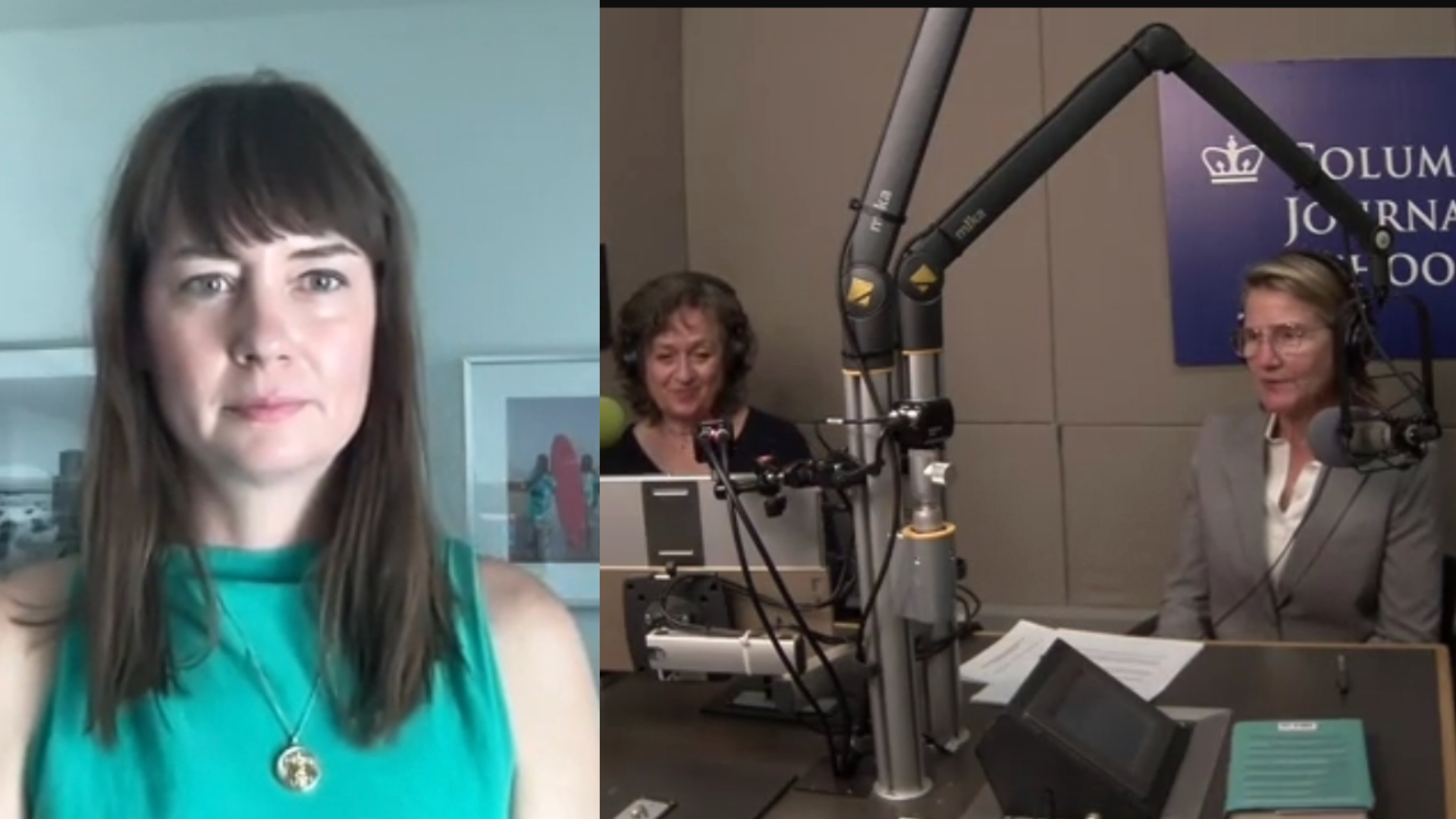“I think it would be nice if this documentary was kind of like a road map for law enforcement to be the best versions of themselves as they can be.”
— Ed Ou, Co-Director "A Different Kind of Force: Policing Mental Illness”
In a candid conversation, video journalist Ed Ou reflects on his 2021 duPont Award-winning documentary, A Different Kind of Force—Policing Mental Illness, for which he embedded with a San Antonio police unit specifically geared to deal with mental health crises.
Ou discusses the ethics of covering the mentally ill, the challenge of telling stories with great moral complexity, and his own run in with police when he was assaulted covering a Minneapolis protest.

